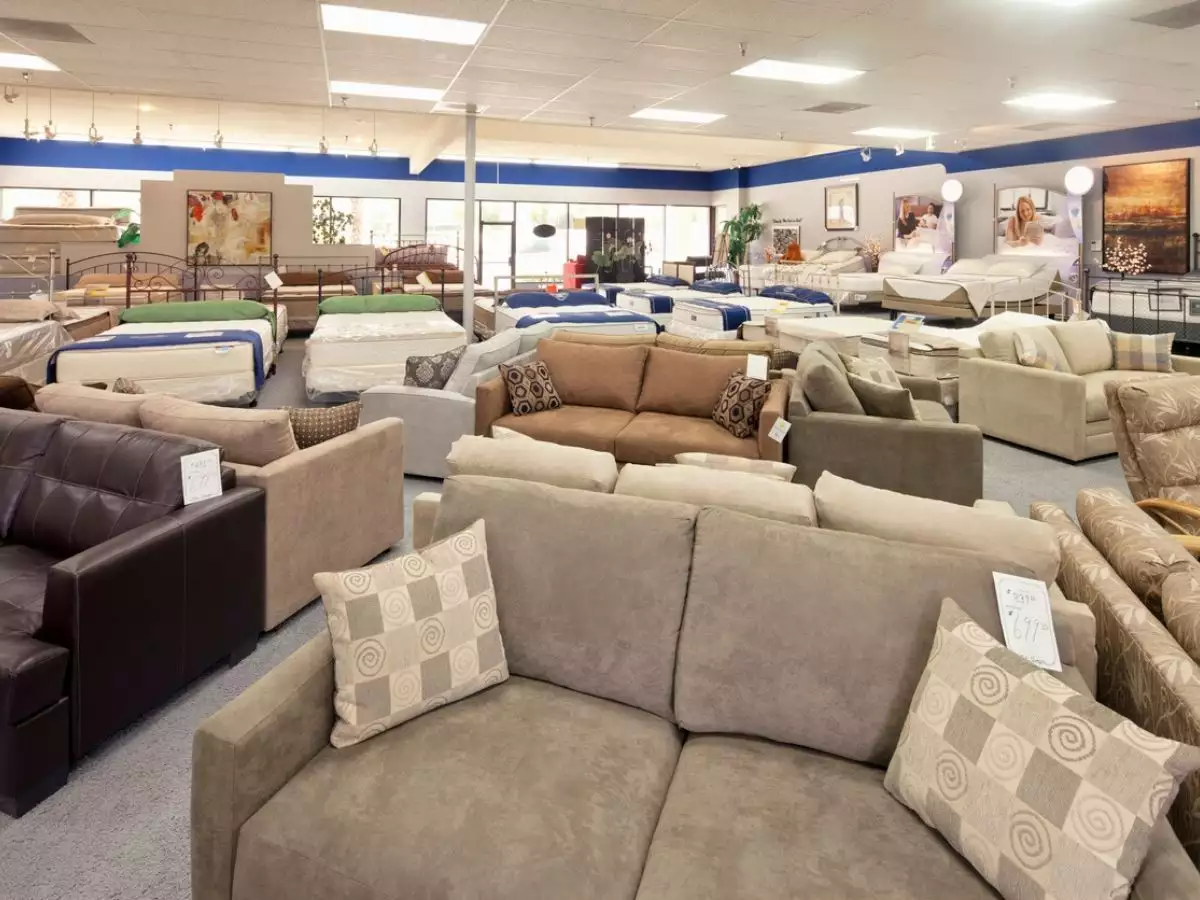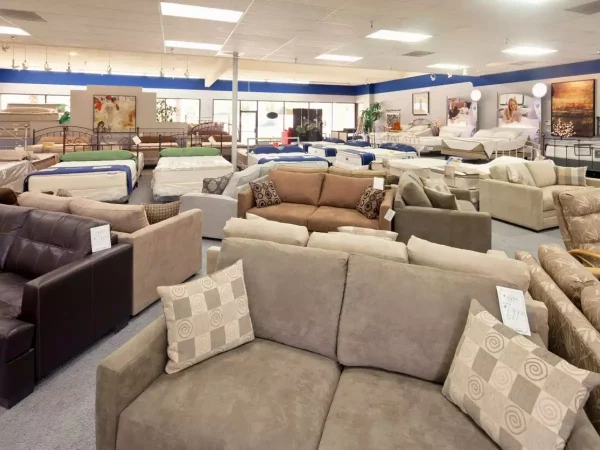Residential and workspaces aren’t ready for use until they have furniture in them. That’s why the furniture business is potentially lucrative. Millions of homes, offices and other settings need chairs and tables to keep their occupants comfortable. The demand for them is unending. And it expands every day, as more people seek to purchase and replace couches, swivel chairs and desks.
Read more about How-To
If you’d like to know how to start a furniture business in Nigeria, you can follow the steps we’ll discuss below to do so.
Decide What Form Your Business Will Take
Your business can either be a furniture manufacturer or a furniture retailer. You could also run a showroom and a workshop, which will allow you to make and sell furniture. But you’re starting out with relatively little capital, you may want to begin retailing first. You can purchase chairs and tables from manufacturers and sell them to buyers.
As your business grows, you could add a workshop to it and begin making furniture. Taking this approach will enable you to learn what the market wants before you build it. It might even save you from making unnecessary losses early on.
Learn About The Business
If you do decide to begin as a furniture producer, you’ll need to learn the craft from someone who’s been into it for a long while. Typically, an apprenticeship of this kind will last up to a year. It will involve you learning how to use the tools of the trade, and mastering various design techniques.
Sign up for the Connect Nigeria daily newsletter
But even if you settle for selling furniture, you still have to learn how it works. Find out what you will require to launch out from people who currently run a furniture business. You could even be an understudy to one of them for a few months, just to get a handle on things.
Raise Capital
While you’re thinking about how to start a furniture business in Nigeria, you’ll have to consider the costs involved. It’ll require less to begin as a seller alone than you’ll need if you were making the furniture yourself. Your preferred location, tools, materials, and scale of the business will also determine the amount of capital you should invest.
Before you decide how to raise capital, you’ll want to make a list of the things you’ll need to start the business. They will include business registration, rent, tools, etc. Find out how much each of these things costs. Add up the individual costs, and you’ll get the sum you need to raise.
Register to attend the Connect Nigeria Business Mixer
Get A Space For Your Business
Go for a high-traffic location. You will want your store to be seen by as many potential buyers as possible.
A spot that’s close to a major road should do. Put up a signboard that’ll notify passers-by of your business’s presence. And if you’re setting up a showroom, ensure that it’s well-lit, so potential customers can see your furniture from afar.
Begin To Sell
Register your business with the Corporate Affairs Commission (CAC). Then purchase the materials and equipment you need to begin. If you’re opening a workshop, your equipment set should include a hand saw, circular saw, power jointer, thickness planer, hammer, chisel, jigsaw, power drill, tape measure, and marker, among others.
When you’ve done both these things, you’ll be ready to open for business.
But don’t just wait for customers to stop by. Draw them in. Set up an Instagram page for your business and showcase your products on it. You can sell via online stores like Konga and Jumia as well. Away from the web, you might consider networking with potential customers in locations where you’re likely to find them. Also, seek out companies that need furniture, and become a supplier to them.
Final Words
There’s a lot of money to be made from the furniture business. If you’re keen on learning how to start a furniture business in Nigeria, you can follow the steps we’ve talked about here to do so.
Featured Image Source: The Economic Times
Got a suggestion? Contact us: [email protected]


